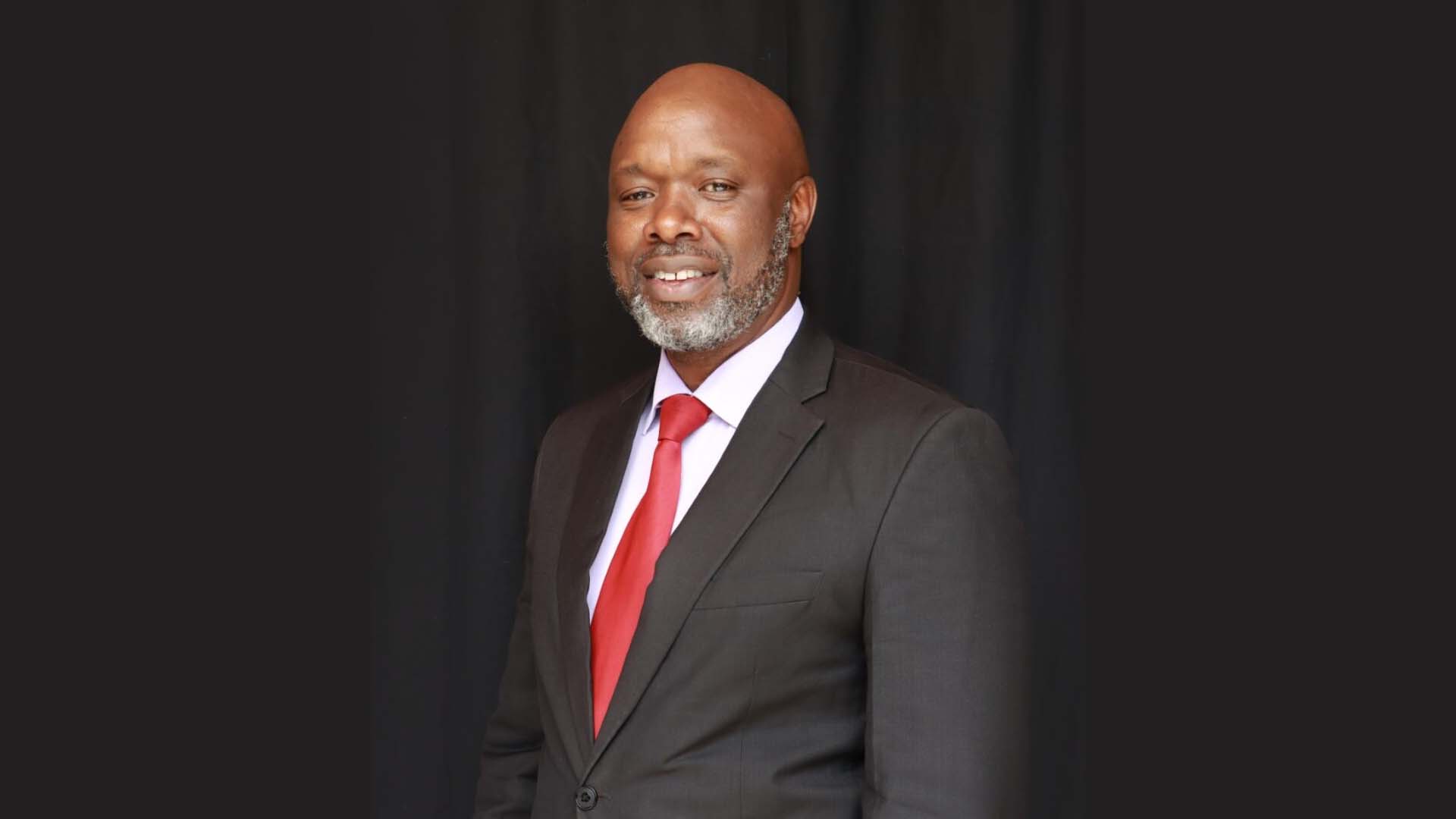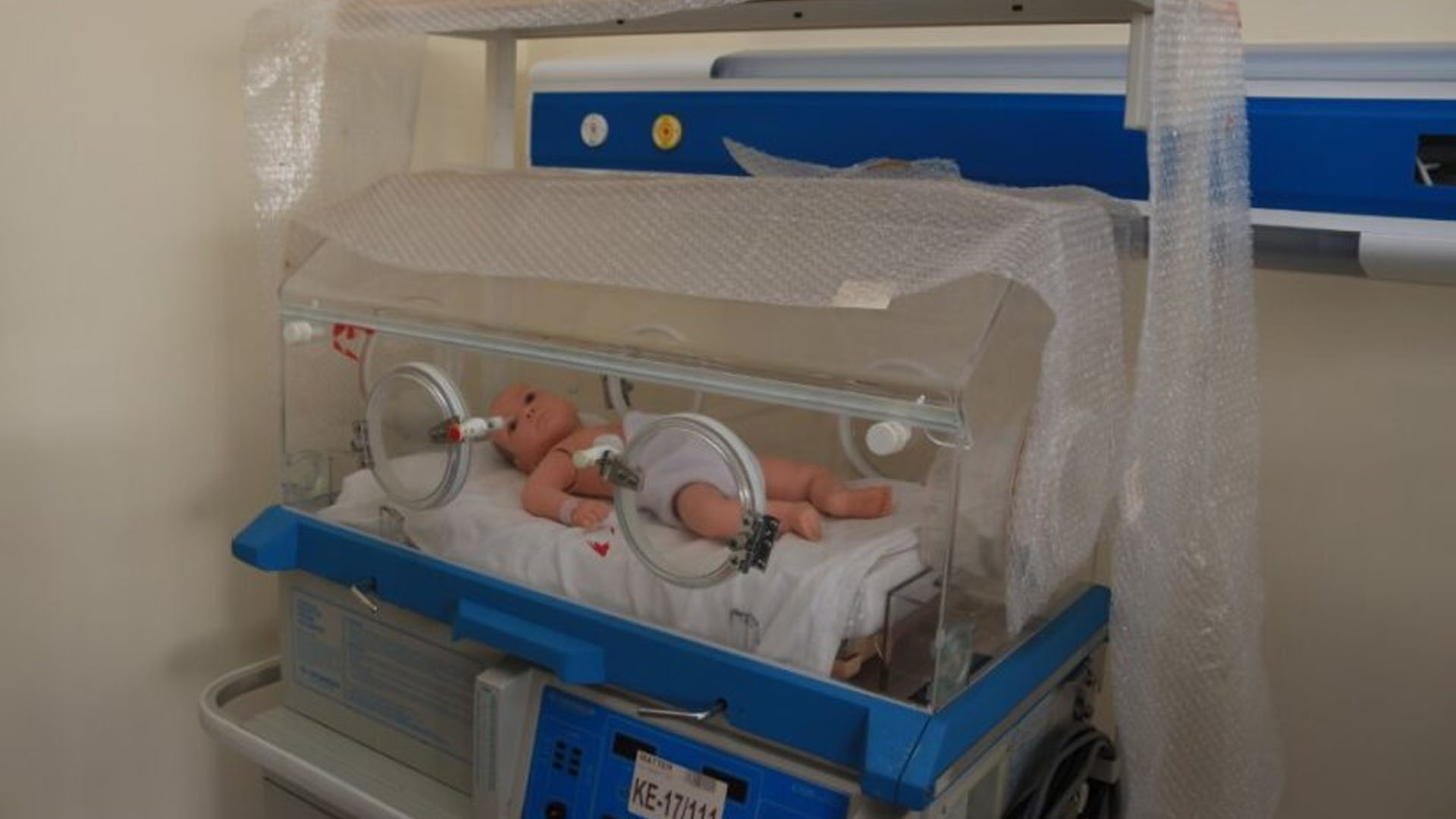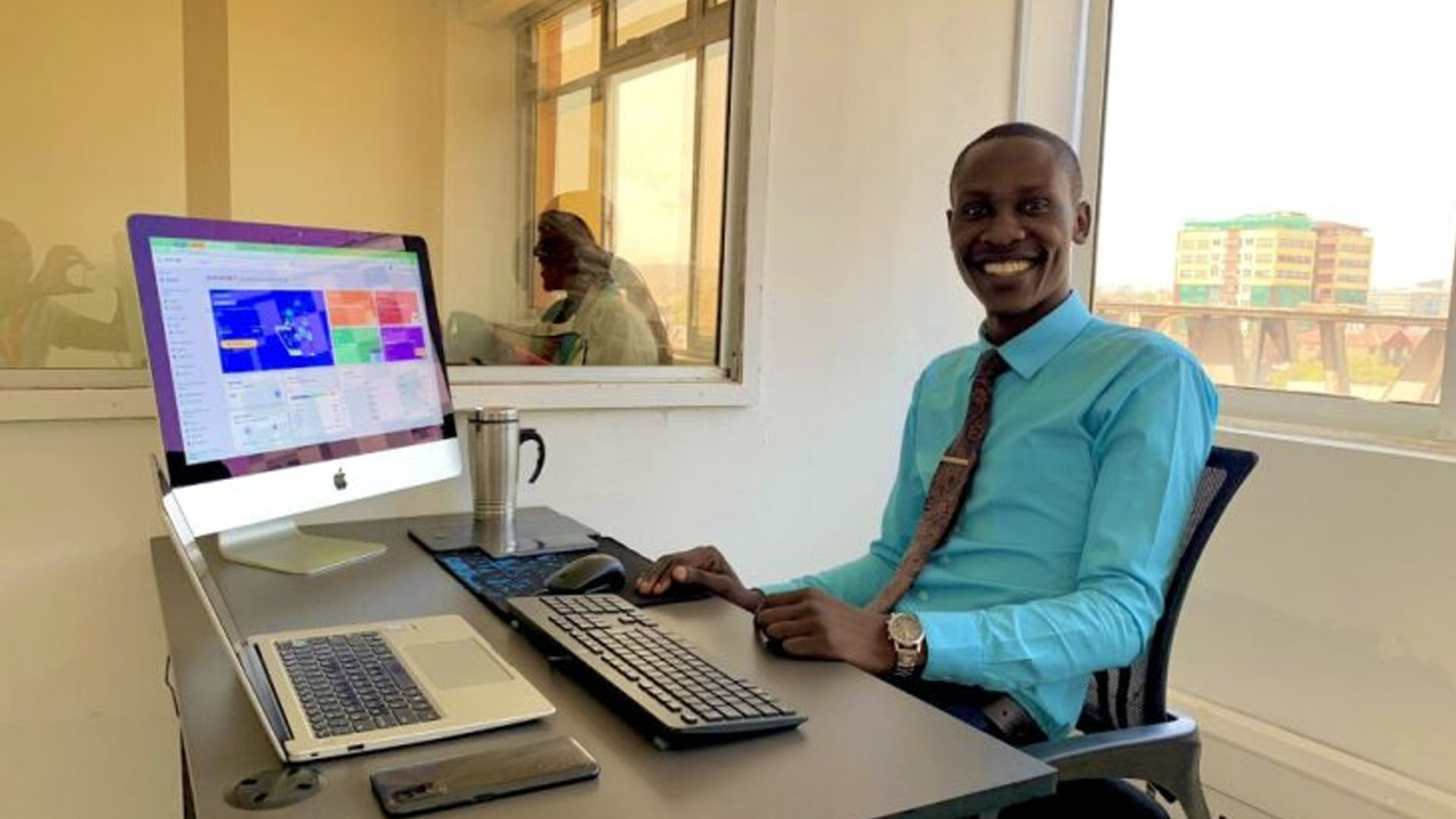School of Business & Economics Embraces Technological Changes

- Daystar University
- 10 Nov, 2023
By Dr. Evans Amata Dean, School of Business and Economics
Covid-19
may have been blamed for many adversities in the different spheres of human
life yet, on a positive side, it catapulted the globe into the deep sea of
technology.
One
of the positive contributions associated with the pandemic was the shift to the
use of technology in human endeavors. Adaptability to technology has now become
the new hallmark for human survival. Humanity is witnessing the unfolding
revolution in technological advancement during our time. Technology has emerged
as a critical driving force for institutional sustainability albeit the
negatives that come with it. Like innovation, which keeps businesses afloat,
technology has not only revolutionized business but largely changed human
lifestyles by providing many challenges and opportunities in equal measure.
Some of the current technologies trending are AI (Artificial Intelligence),
virtual and augmented reality, human augmentation, and quantum computing, just
to mention but a few.
The
dilemma is in the use of these technologies. In academia, for instance,
Artificial Intelligence (AI) has personalized learning experiences, while at
the same time compromised the intellectual rigor of research and academic
writing by introducing the ChatGPT option. The use of technology in teaching is
a new realism that will dictate the survival or otherwise of academic
institutions. The market for academic services has completely shifted to embrace
the customer’s preference for a convenient and easily accessible education.
It
follows then, that only academic institutions which adapt to the new reality
will have high chances of survival. This reality was not envisaged in the
pre-Covid-19 era but became necessary for continued institutional existence. At
the time, online education was perceived as inferior to the face-to-face mode
of learning. As a matter of fact, certificates acquired through online
education were seen to be inferior to those acquired through the traditional
face-to-face mode of study. This may no longer be the case; the world is
increasingly embracing the use of technology through online learning. Adapting
to technology may be the secret for the survival of academic institutions.
Realizing
the shift in the market to technology-driven learning platforms, the Daystar
University School of Business and Economics has developed a curriculum for a
purely online Master of Business Administration degree. The school envisages a
self-directed online programme that draws students from far and wide. The
development and accreditation of the online MBA programme is at an advanced
stage which will soon be launched and rolled out to the public. The school also
prides itself in its Doctor of Philosophy in Business administration programme,
which continues to attract overwhelming inquiries and a steady enrolment.
The
PhD in Business administration is deliberately designed to address a market
bias in innovation and entrepreneurship. The School is one among the very few
institutions in the country offering a Master of Science degree in Economics,
which is uniquely designed to address the ever-increasing need for policy
analysts in the country. The School further continues to develop more
self-directed online academic programmes to meet the market needs.
Leave a Reply
Your email address will not be published. Required fields are marked *








